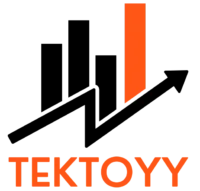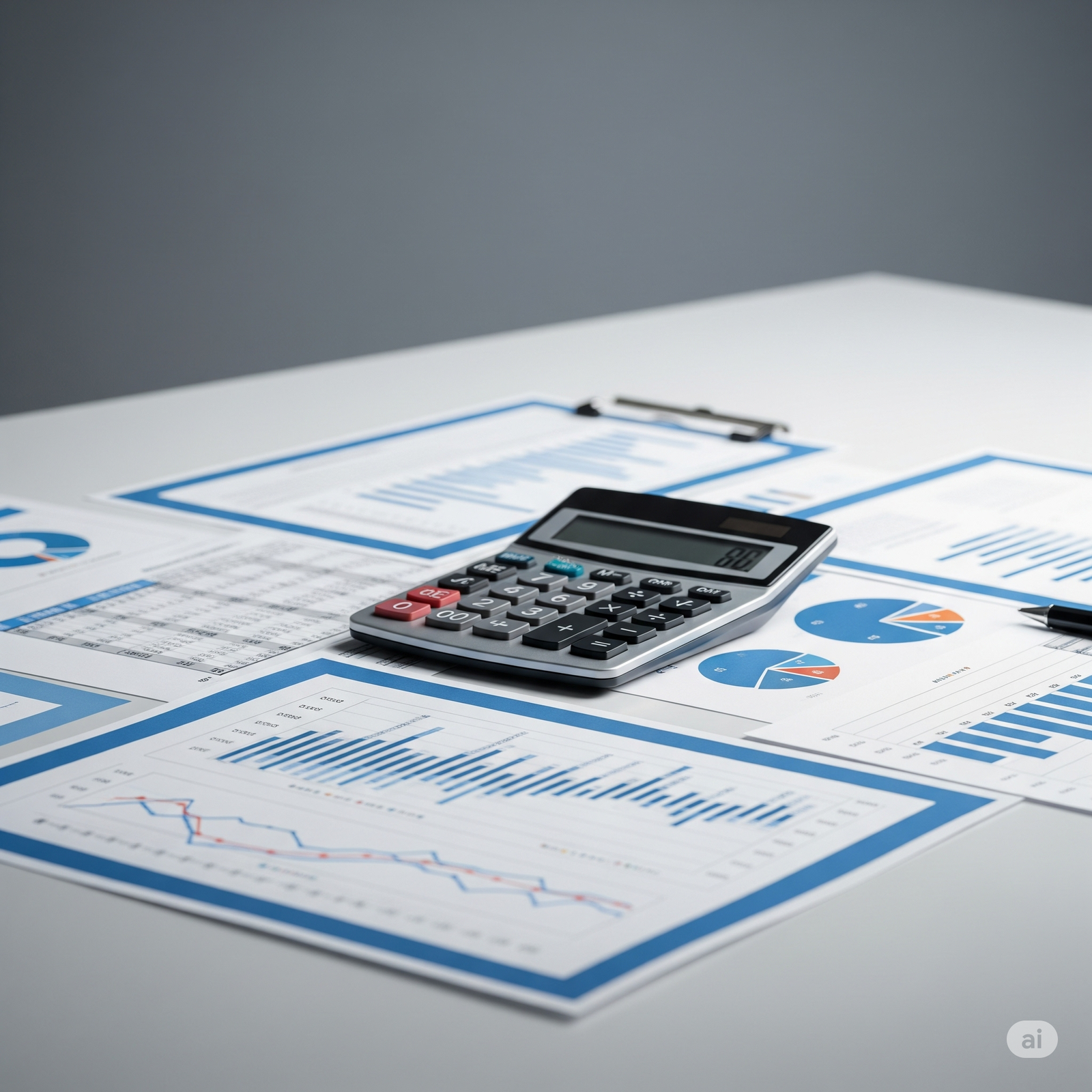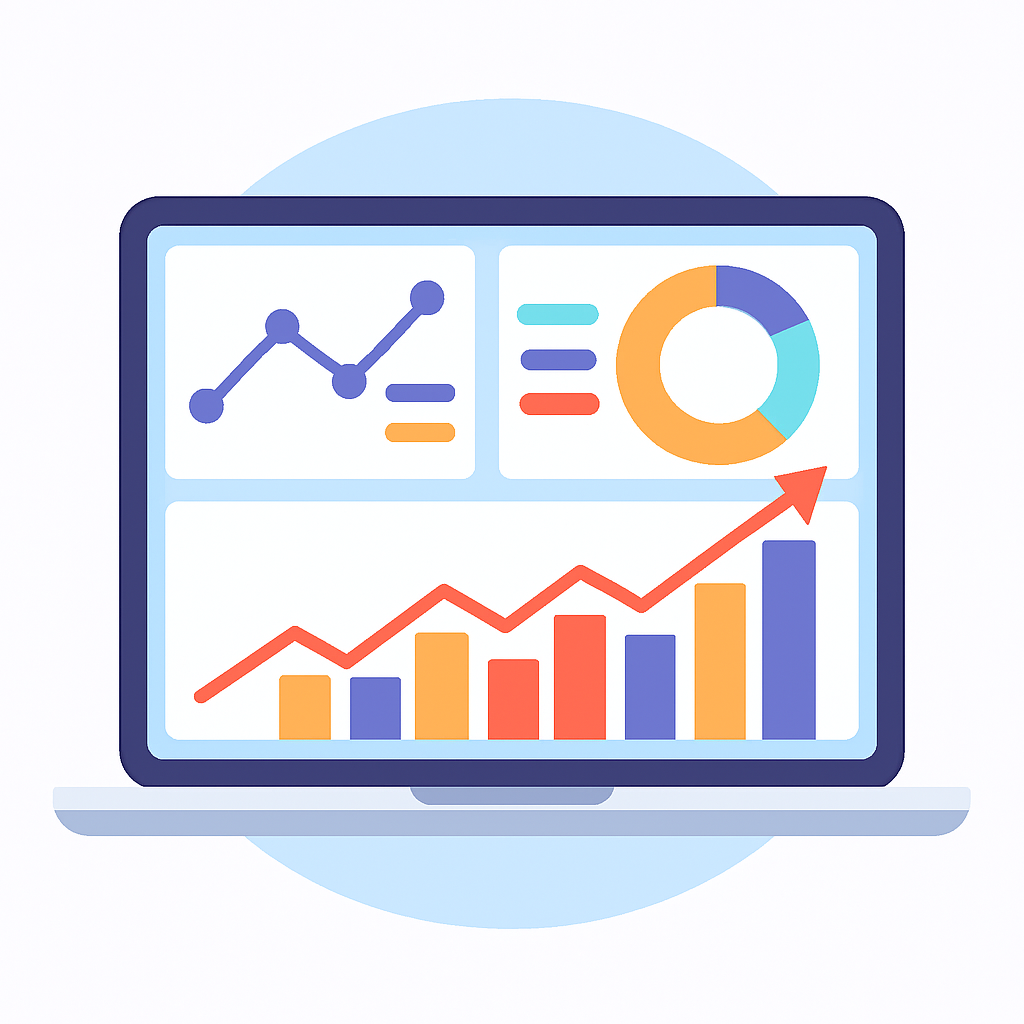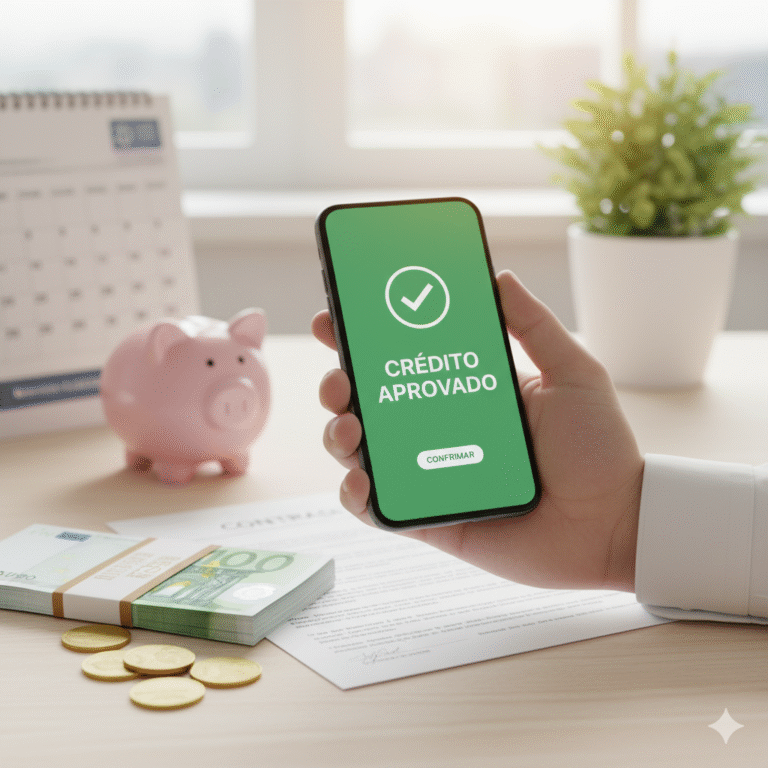Navigating the world of loans can be overwhelming. Whether it’s a personal loan, a car loan, or a mortgage, the idea of being in debt for years can feel like a heavy burden. This often leads people to ask a crucial question: is it a good idea to pay off my loan early?
The short answer is: it depends. While paying off debt ahead of schedule can save you a significant amount of money in interest, it isn’t always the best move. This comprehensive guide will break down the pros and cons, helping you decide if an early loan payoff is the right financial strategy for you.
The Big Benefits of Paying Off Your Loan Early: More Than Just Saving Interest

The most obvious advantage of paying off a loan early is the money you save. Every month you shorten your loan term, you avoid paying additional interest. This can add up to thousands of dollars over the life of a loan.
1. Maximize Your Savings with Less Interest Paid
Let’s look at a simple example. Imagine you have a $20,000 car loan at 6% interest for 60 months (5 years). Your monthly payment is about $387. Over the life of the loan, you’ll pay a total of $3,227 in interest.
If you decide to pay an extra $100 each month, you’ll pay off your loan in just over 47 months instead of 60. This simple action would save you approximately $1,100 in interest and get you out of debt over a year earlier. This is a powerful demonstration of how compounding works in your favor when you pay down debt.
2. Drastically Improve Your Debt-to-Income Ratio (DTI)
Your debt-to-income ratio is a key metric lenders use to assess your ability to manage monthly payments. It’s calculated by dividing your total monthly debt payments by your gross monthly income. A lower DTI indicates better financial health and makes you a more attractive borrower for future loans, such as a mortgage or a business loan. By eliminating a loan payment, you instantly lower your DTI, which can unlock new opportunities.
3. Boost Your Credit Score for Better Financial Opportunities
Your credit score is a reflection of your financial responsibility. Paying off a loan, especially a large one, can have a positive impact on your credit report. It shows that you successfully fulfilled your obligation, which can improve your payment history—a major factor in credit scoring. Furthermore, paying off a loan reduces your overall debt, which can lower your credit utilization rate and give your score a significant boost.
4. Gain Peace of Mind and Financial Freedom
Perhaps the most underrated benefit is the psychological one. Living without the burden of monthly debt payments can be incredibly liberating. It frees up your cash flow, reduces stress, and allows you to focus on other financial goals, like saving for retirement, investing, or starting a business. The sense of control you gain over your finances is priceless.
Potential Downsides of Early Loan Payoff: Why It Might Not Be the Best Choice
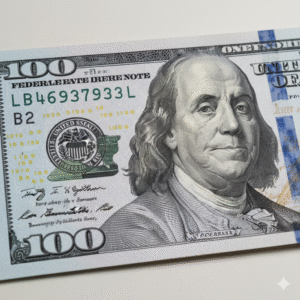
While the benefits are clear, paying off a loan early isn’t always the smartest financial move. It’s essential to consider the opportunity cost and potential fees.
1. Understanding the Opportunity Cost: What Else Could You Do with That Money?
Every dollar you put towards an early loan payment is a dollar you can’t use for something else. This is known as opportunity cost. For example, if your loan has a low interest rate (e.g., a 3% mortgage), you might be better off investing that extra money in a fund that could potentially earn a higher return (e.g., a stock market index fund with an average annual return of 7-10%).
Before you make a large principal payment, ask yourself: could this money generate a higher return elsewhere? If the interest rate on your loan is low, and your investment returns are likely to be higher, focusing on investing might build your wealth faster in the long run.
2. Prepayment Penalties: Read the Fine Print of Your Loan Agreement
Some loan agreements, particularly in the past, included a prepayment penalty. This is a fee charged by the lender to compensate for the interest they lose when you pay off the loan early. While they are less common now, especially for personal and car loans, they can still exist in some mortgage and business loan contracts. Always review your loan documents or contact your lender to confirm there are no penalties for early repayment.
3. The Importance of an Emergency Fund: Don’t Deplete Your Savings
Using a significant portion of your savings to pay off a loan might seem like a good idea, but it can leave you vulnerable. An emergency fund is crucial for covering unexpected expenses like a job loss, a medical emergency, or a major home repair. Draining this fund to pay off a loan could put you in a precarious position and force you to take on new, higher-interest debt if a crisis arises.
4. Different Types of Loans: The Impact Varies by Loan Type
The value of early repayment varies greatly depending on the type of loan you have.
- High-Interest Debt (Credit Cards, Personal Loans): Paying off these loans should almost always be a top priority. The interest rates are often so high (15-25%+) that the savings are immediate and significant, and the opportunity cost of not paying them off is far too high.
- Student Loans: The decision here depends on your interest rate. Federal student loans often have low, fixed rates. Paying them off early is a solid strategy, but you might also consider an income-driven repayment plan or investing for a potentially higher return, especially if you qualify for loan forgiveness programs.
- Mortgage Loans: A mortgage is a long-term commitment. Making extra principal payments can save you tens of thousands of dollars in interest and shorten your term by years. However, a mortgage often has a very low interest rate compared to other investments, making the opportunity cost a significant factor.
Step-by-Step Guide to Paying Off Your Loan Early: Actionable Strategies

If you’ve decided that paying off your loan early is the right move for you, here are some effective strategies to get it done.
1. The Debt Snowball vs. The Debt Avalanche: Choosing Your Method
- The Debt Snowball Method: This strategy, popularized by Dave Ramsey, focuses on paying off your smallest debts first. You get a quick win and build momentum, which can be highly motivating. Once a small debt is paid off, you “snowball” that payment amount into the next smallest debt. This method is great for building psychological momentum.
- The Debt Avalanche Method: This is the mathematically superior method. You focus on paying off the debt with the highest interest rate first. This saves you the most money in the long run because you are tackling the most expensive debt first.
2. How to Accelerate Your Loan Payments Without Breaking the Bank
- Make One Extra Payment Per Year: This simple strategy can significantly shorten your loan term. If your payments are due monthly, divide your monthly payment by 12 and add that amount to each payment. You’ll effectively make 13 payments a year instead of 12.
- Round Up Your Payments: If your monthly payment is $387, round it up to $400. That extra $13 might seem small, but it adds up quickly.
- Use Windfalls and Bonuses: Did you get a tax refund, a work bonus, or a gift? Resist the temptation to spend it and apply it directly to your loan principal.
- Refinance for a Lower Rate: If interest rates have dropped since you took out your loan, you may be able to refinance it for a lower rate. This will reduce your monthly payments and the total interest you pay over the life of the loan, making it easier to pay off even faster.
Making the Right Decision for Your Financial Future

Ultimately, the decision to pay off a loan early is a personal one. There’s no single right answer, and it depends on your unique financial situation, goals, and risk tolerance.
Start by analyzing your loan’s interest rate. If it’s a high-interest debt like a credit card, the choice is clear: pay it off as quickly as possible. If it’s a low-interest loan, consider the opportunity cost and whether that money could be better used for investments or building a robust emergency fund.
Whatever you decide, the key is to be proactive and intentional with your finances. By understanding the pros, cons, and different strategies, you can make a smart, informed decision that will set you on the path to financial freedom.
